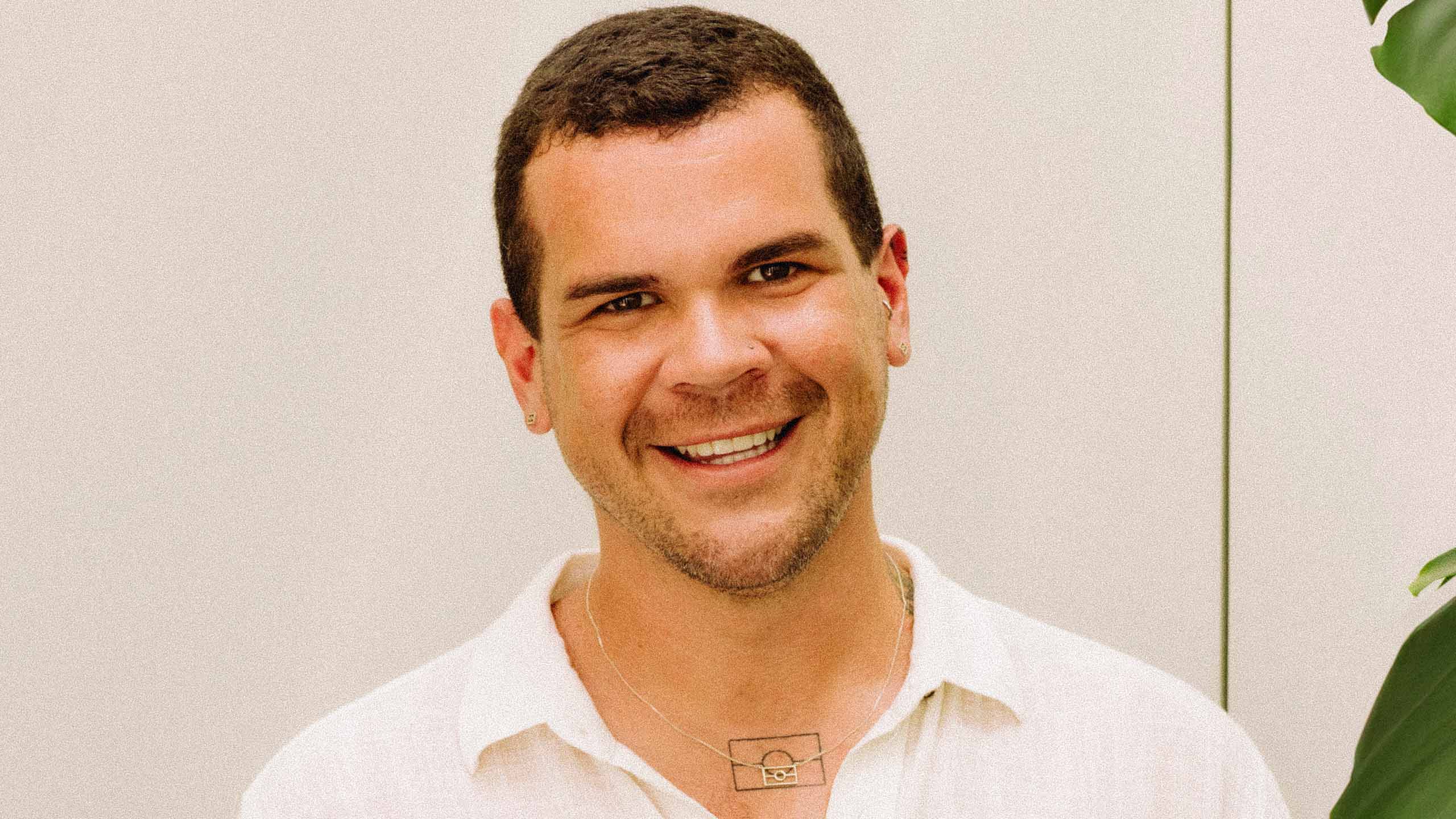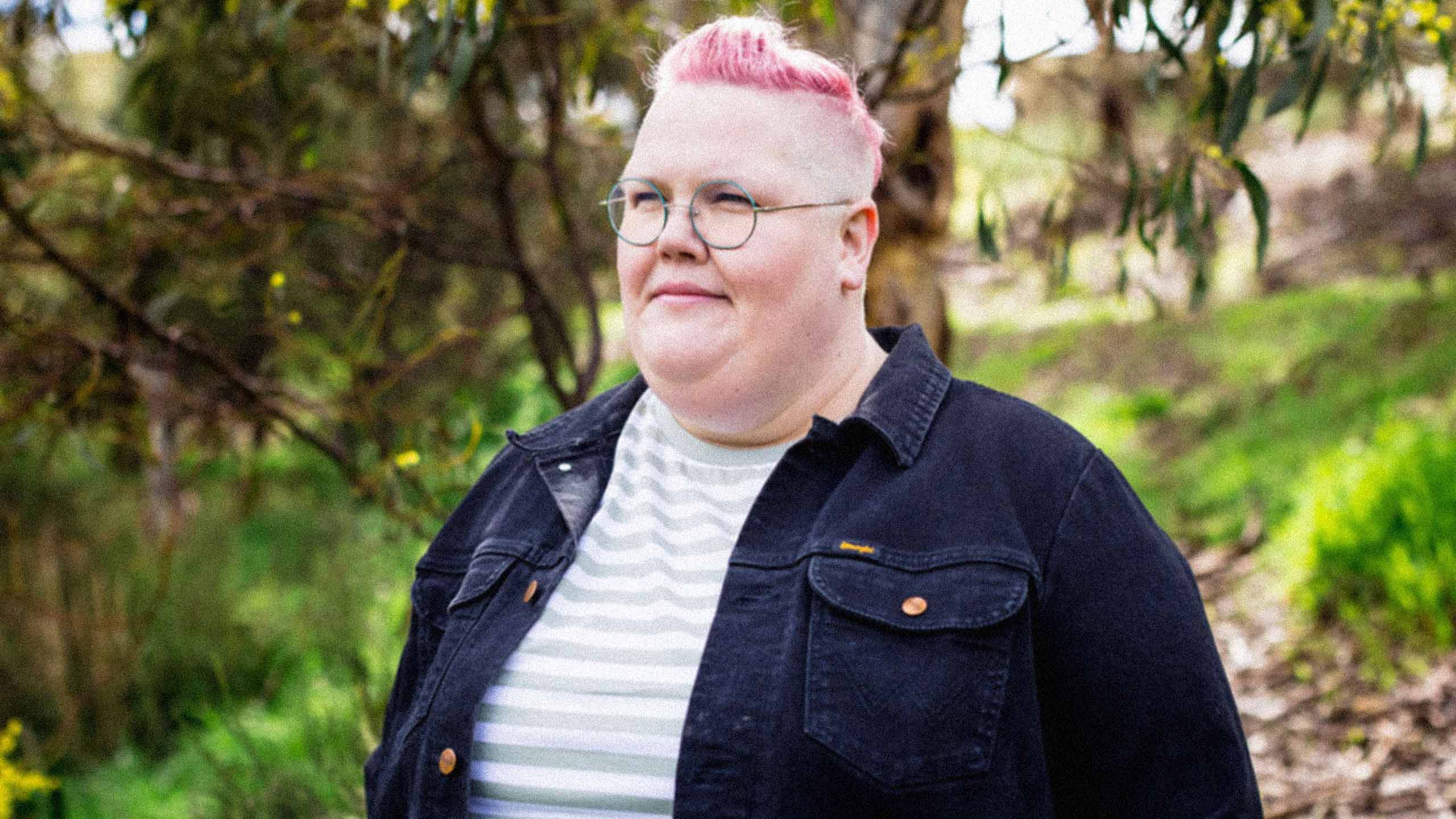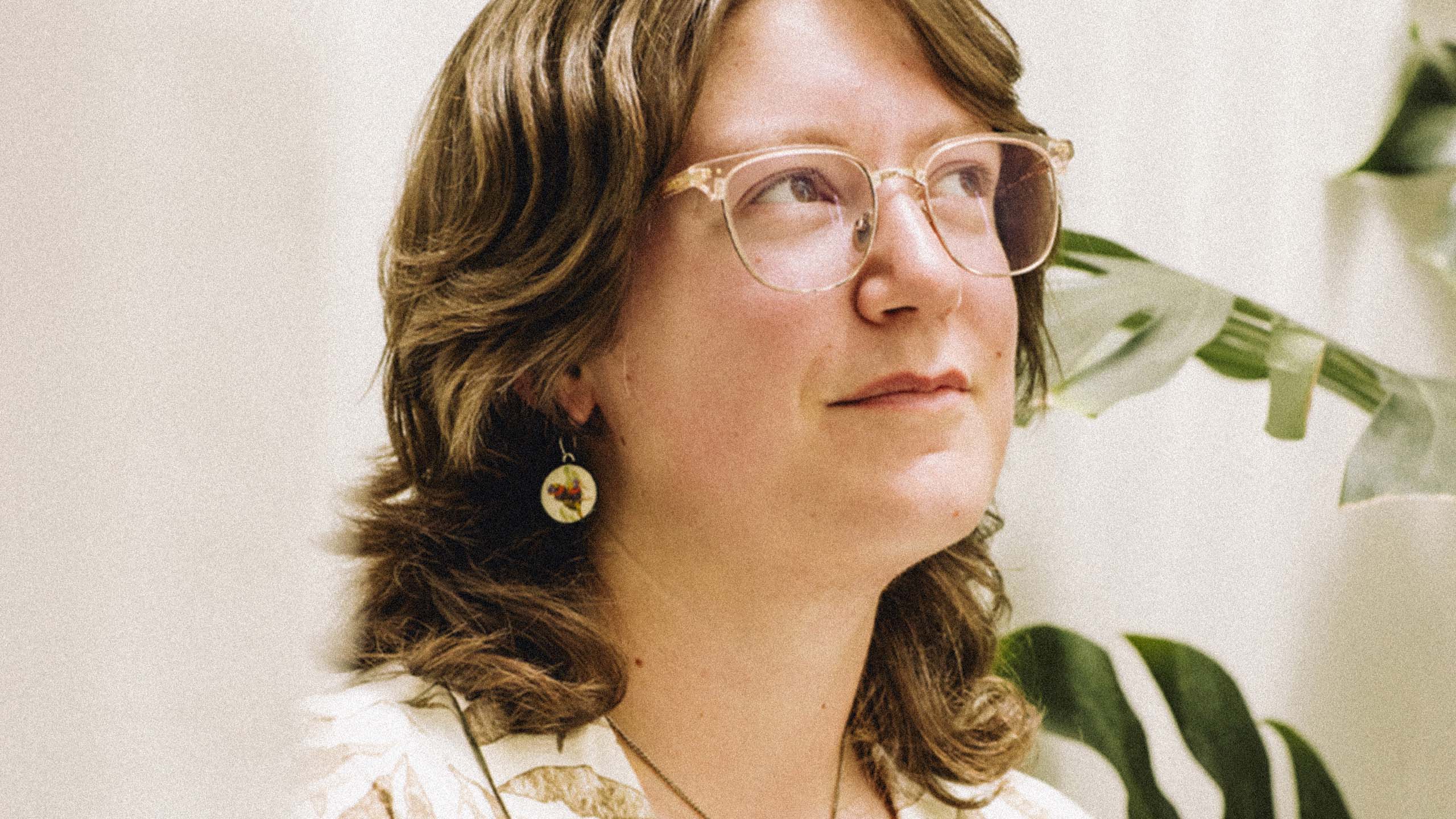What has it been like seeing your words out in the world? Has it impacted your relationship with your own identities and how you understand your place in the world?
I'll confess, I walk into bookshops and deliberately look to see if they stock any of my work. When they do, it's this incredible feeling of, ‘Wow, I did that, and it's here in this bookshop in this city or town that I've never been to before.’
It's an incredible thing because so much hard work goes into putting a book together, editing a collection, or even if you've just submitted one piece to an anthology, so much of your essence, your soul, and your spirit is in that work.
The way I write is dictated by my emotional state or psychological place. My work used to be very heavy and very centric to the holding on, the yearning, the loss, the missing or wanting. But now it's about celebrating who I am and where I belong.
Someone told me many years ago that one of the most powerful things about writing and being published is, you'll never know or understand how your words will impact the lives of people you’ve never met.
There are times when I still think, ‘Am I writing the right thing? Am I writing about what people want to read?’ Then I remember, that's not why I write.
I write for myself, and I write to leave some form of a legacy to my black identity, and to my queer identity.
Tell us about your published work in the Aesop Queer Library. What was the process like, getting published in Australia?
My writing features in The Aesop Queer Library as part of an anthology called Nangamay Mana Djurali – which takes its name from the Gadigal words for ‘dream’, ‘gather’ and ‘grow’.
It’s a very important book, edited by Alison Whittaker and Steven Lindsay Ross, that comprises powerful voices from the black queer community around Australia. It’s an incredible body of literature that captures so many different perspectives and experiences from that intersection of identities – it paints this wonderful picture of what life is like for an Aboriginal queer person in contemporary Australia.
At first I thought my pieces were too dark or too intense for the theme. But my angle was, this writing is about dreaming and growing from dark places into something more positive.
One of the most interesting things is the fact that it was self-published by BLACKBOOKS. The publishing industry is commercialised and, these days, words are attached to a dollar value.
But that’s not the value that matters. Readers don’t care about what’s marketable, or what sells – they care about where they belong, what they can relate to, and what can help and empower them in their own communities.


